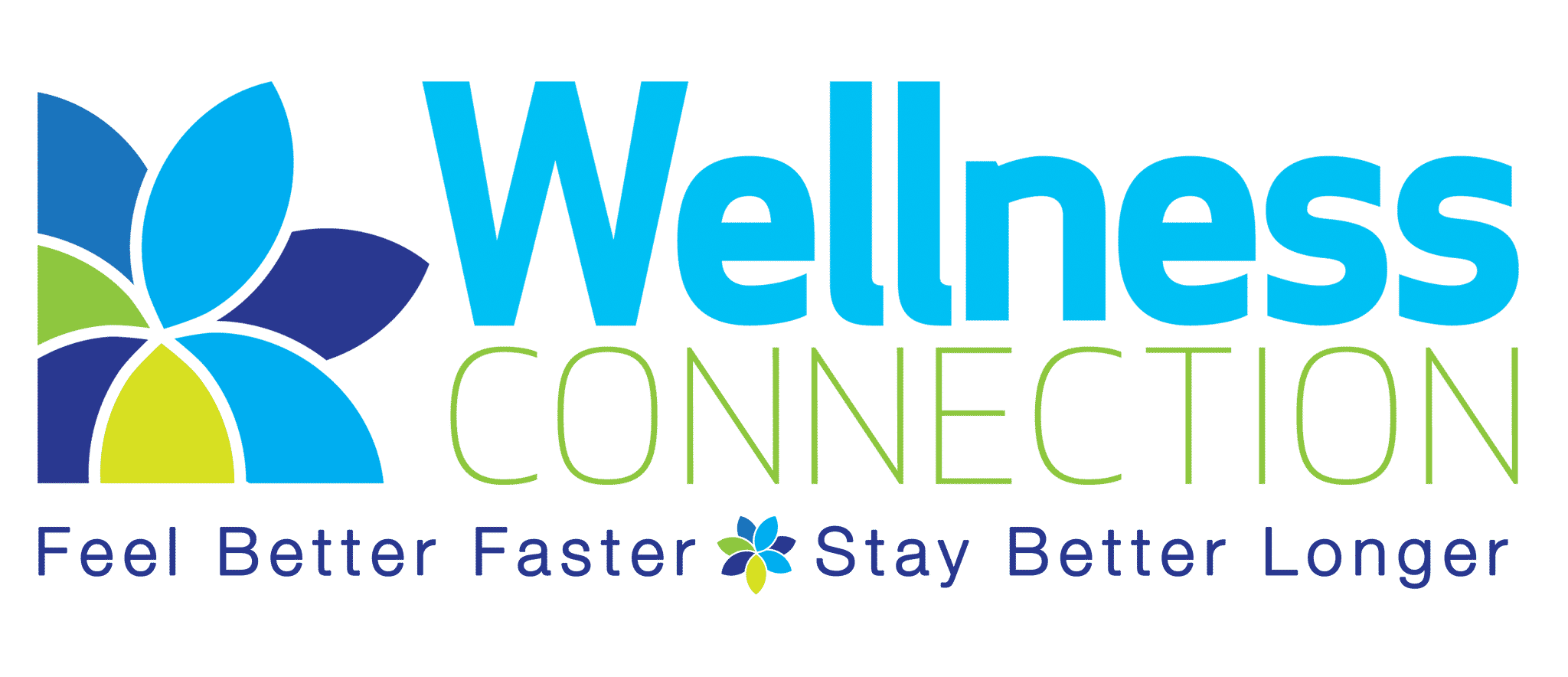The Power of Words: Arguments Are An Opportunity

Power of Words: How Conflict Opens Opportunities
The words hung in the space between them. They could not be unspoken Nor could they be unheard. Whatever would become of them now?
Words have power and are often blurted out thoughtlessly, when we are angry and at our worst. There is always a heartfelt apology available to try to repair the damage, but as expressed in my poem above, the words can never be unheard! Wouldn’t it be better to catch yourself before speaking the words you will likely regret later? This is the possible when you reframe arguments as an opportunity to create an agreement with the other person.
What if instead of the downward spiral that uncontrolled anger can cause, any quarrel is simply viewed an opportunity to create an agreement. Anger is usually the emotion involved when it comes to arguments. You may recall from my Wise As A Mother Audio series that anger most often occurs when our boundaries have been violated. Thus, any dispute is an opportunity to get clear on your boundaries.
What’s exciting about this, if you tend to be someone who struggles with setting boundaries, and agreement has a different energy to it. Boundaries, although extremely supportive in the role of self-care, carry with them the energy of confrontation. If you tend to be a conflict avoider, then I imagine setting boundaries is generally quite difficult for you. What if, instead, you reframed it as an agreement, that offers a more collaborative spirit to the conversation.
This change in perspective is exciting for two reasons:
- Instead of resorting to anger you can be excited about the opportunity to create an agreement.
- Once the agreement is in place, if the same issue re-emerges you can point to the agreement rather that the other person, which just fuels the blame game.
The idea of turning your attention to the agreement rather than blame was inspired by the work of Sarah Jenks. This is brilliant, because you simply hold the person accountable for not honoring the agreement. “Hey, I thought we had an agreement … Are we still good or do we need to create a new agreement?” If the agreement is still in alignment, then the person simply owns their mistake. This does not mean that they can offer excuses as a way of making the lapse okay, but rather truly owning and taking responsibility by acknowledging what went wrong and what he/she would do differently the next time.
If a new agreement is in order the conversation might go something like this.” I thought I could honor the agreement we created, but I am finding it impossible to leave work early right now due to the project I have been assigned to. Can we shift the time one hour later?” The same applies for more serious conflicts as well. For example, “I know I promised not to use marijuana ever again, but when my neck pain was so severe, that even the chiropractor couldn’t help because my muscles were too tense, I used it to induce relaxation. Once I started again, I couldn’t stop. If I agree to get professional help, can we can change the agreement from not using marijuana to getting professional help? After I have it ‘under control’ we can resume the original agreement.”
Equally important is to create a safe space for either of you to share an agreement violation so it doesn’t fester in secrecy. Anything you are holding onto, creates energetic tension between you. This can usually be felt by the other, and if unnamed, all sorts of stories can be fabricated in the mind of the person who can feel the tension, but doesn’t know why it’s there. One mother I worked with very proudly stated that she never expresses her anger (note this is not the same as never getting mad!) The daughter, however, could feel her mother’s anger, even though she didn’t verbally express it. The source of the anger could’ve been from a minor annoyance, perhaps leaving the kitchen a mess or not making her bed. On the other hand, it’s possible that the girl had snuck out of the house to meet her boyfriend and that somehow her mom found out. The daughter was left to her imagination, inventing drastic consequences and just waiting for her mother to unleash her anger.
Understanding the power of transforming arguments into agreements is a powerful way to build strong relationships. Worst case scenario is just agreeing to disagree. Not as powerful as other agreements, but at least you won’t keep rehashing the issue over and over again.
Similarly if when you discover that your children, have a different belief than you, rather than becoming upset & trying to get them to change their mind- you can use it as an opportunity to get to know them better. Understand why they believe what they believe. You need to hold a safe space that allows them to share freely and openly. In this case you are the boundary for the container, remember that you can’t be both simultaneously.
When your children know they can share in a space like that, when your intention is to get to know them rather than “manage or control” them, they will seek your guidance more and more. If they don’t see you as a co-creator, they won’t open up and will likely turn to their peers, the internet, or other less reliable support systems. Remember the nature of transforming arguments to agreements makes YOU and ME stronger together.
If you want to learn more about how my work as an energy healer and relationship coach can support you, I invite you to schedule a FREE Discovery call today.
Written by: Laura Freix, Energy Healer



